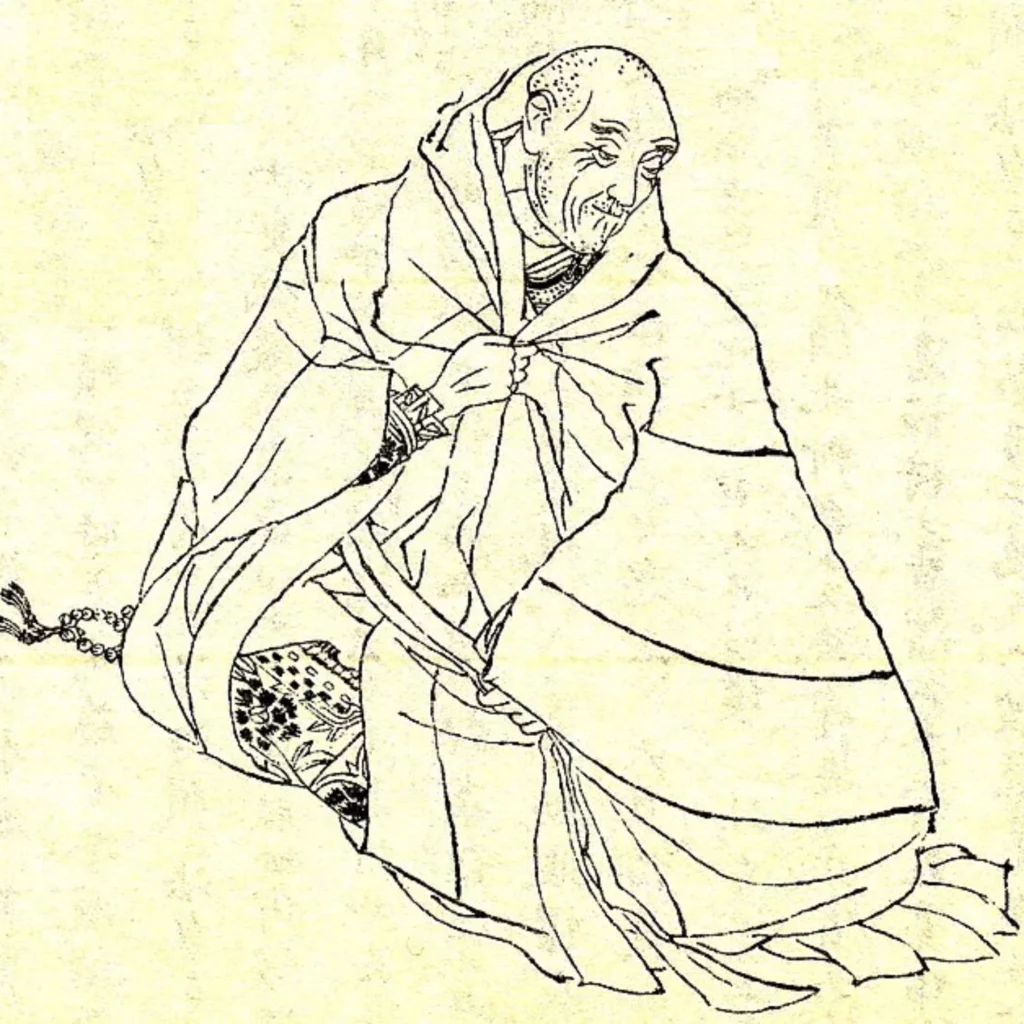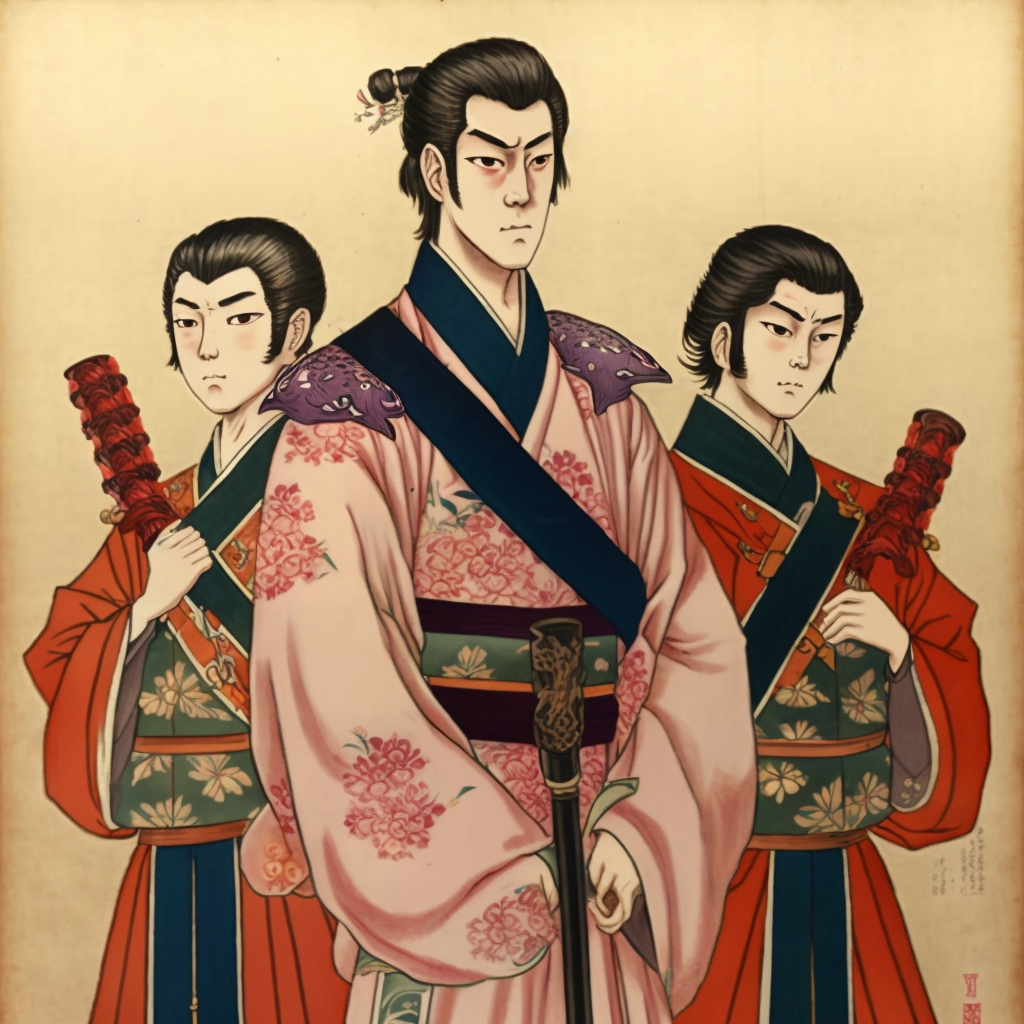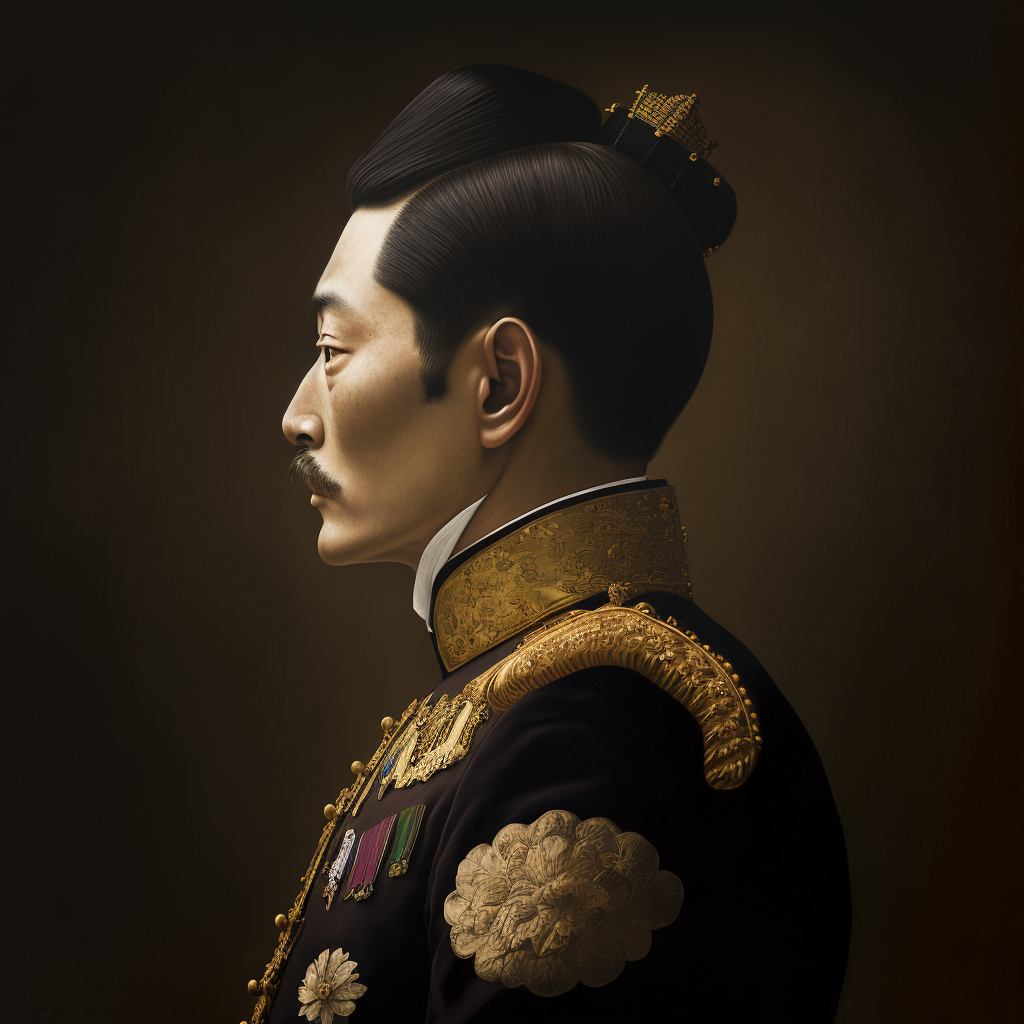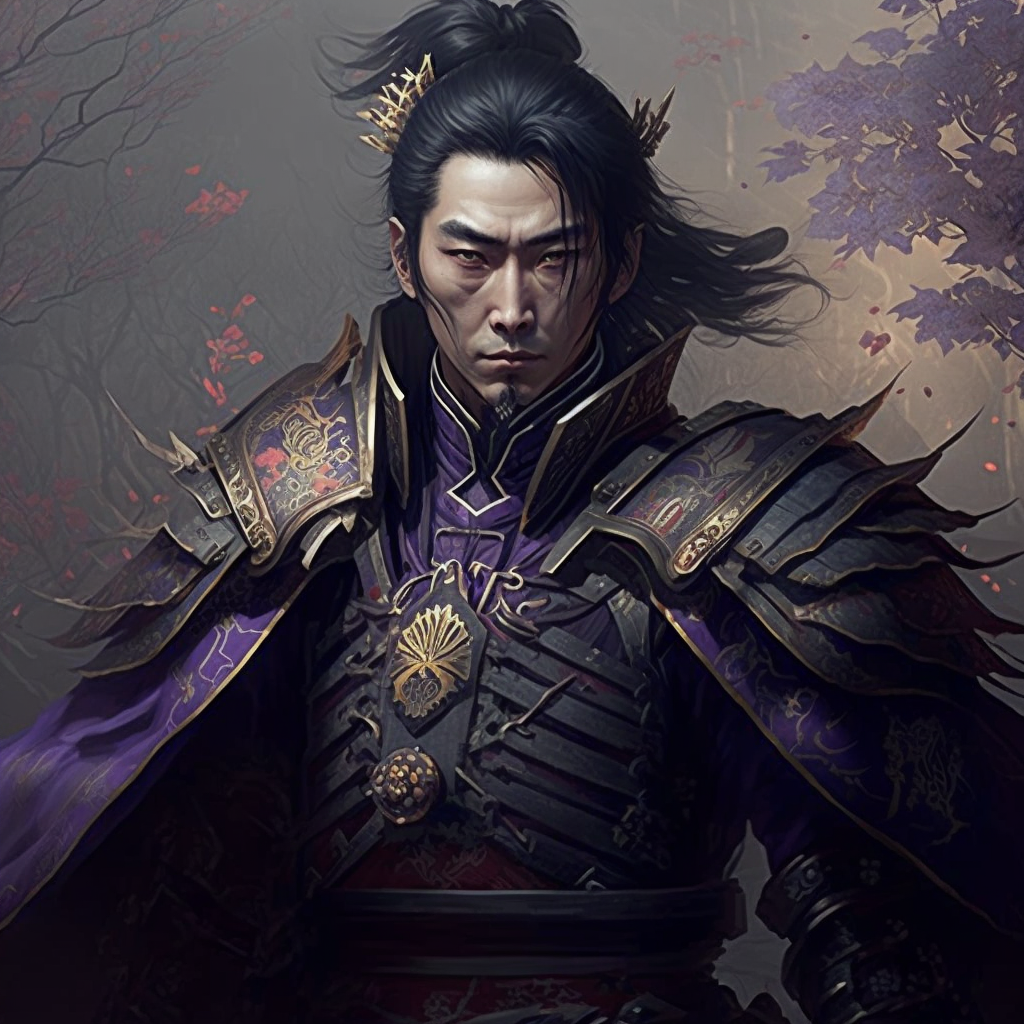Taira no Kiyomori was born in 1118, into a family of samurai. He quickly became the head of the Taira clan. The latter was an influential clan, descended from Emperor Kammu.
Rise to power
In the middle of the 12th century, Kiyomori distinguished himself during conflicts. In 1156, he took part in the Hōgen rebellion. This rebellion pitted two factions against each other for control of the imperial court. Kiyomori supported Emperor Go-Shirakawa and prevailed.
In 1159, he took part in the Heiji rebellion. This time, Kiyomori faced his rival, the Minamoto clan. He emerged victorious, thus consolidating his power.
After these battles, he became one of the most powerful political figures in Japan.
Rise to Political Power
Taira no Kiyomori revolutionized the role of samurai in politics. He became the first samurai to rule Japan. He was granted prestigious titles, such as that of Dajō daijin, the highest government position.
Under his leadership, the Taira clan became extremely influential. He strengthened his position by marrying his daughter to Emperor Takakura. This marriage allowed Kiyomori to exercise control over the imperial court. His grandson, Emperor Antoku, also became a key figure in this domination.
The Challenges of Power
Despite his success, Taira no Kiyomori faced several revolts. Tensions between the Taira and their rivals intensified. The Minamoto clan, in particular, remained a constant threat.
In 1180, Emperor Go-Shirakawa rebelled against Kiyomori’s influence. This rebellion marked the beginning of the Genpei War. This war pitted the Minamoto against the Taira for control of Japan.
Taira no Kiyomori died in 1181, before the end of this conflict. After his death, the Taira clan suffered heavy defeats.
Legacy and Influence
Taira no Kiyomori is a major historical figure. He was the first to establish the dominance of the samurai in Japanese politics. Despite the fall of his clan, he paved the way for the age of warriors.
His influence on the imperial court and his political ambition marked a decisive transition in Japanese history.
Find all our articles on the history of Japan here.





